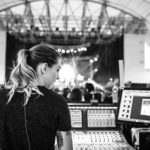
Missed this Week’s Top Stories? Read our Quick Round-up!
It’s easy to miss the SoundGirls news and blogs, so we have put together a round-up of the blogs, articles, and news from the past week. You can keep up to date and read more at SoundGirls.org
April Feature Profile
https://soundgirls.org/town-planning-to-florence-and-the-machine/
The Blogs
Internet Round-Up
 Ele Matelan is the director of public outreach at WildClaw Theatre. On February 11, she gave an Artist Talk to Northwestern’s Sound Arts and Industries students about Foley.
Ele Matelan is the director of public outreach at WildClaw Theatre. On February 11, she gave an Artist Talk to Northwestern’s Sound Arts and Industries students about Foley.
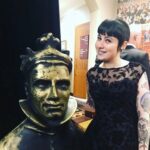 Q&A with sound no.1 on Six The Musical Eleanor Theodorou
Q&A with sound no.1 on Six The Musical Eleanor Theodorou
SoundGirls News
Leslie Gaston-Bird is raising funds for her 50th birthday. Happy Birthday! She is raising funds for the “SoundGirls – Gaston-Bird Travel fund” which has been established to increase the presence of women and those that identify as women at audio trade conferences. Women who have been invited to speak, or sit on panels at audio related trade conferences are welcome to apply. More info at https://soundgirls.org/soundgirls-gaston-bird-travel-fund/
SoundGirls Co-Founder Michelle Sabolchick Pettinato has created a Free eBook called 7 Things Every Live Sound Engineer Should Know
“The most common thing I hear from new engineers and those just getting started in live sound and mixing is how overwhelmed they are with how much there is to know. They focus on trying to learn all of the gear and keeping up with every new piece of equipment or plugin out there, instead of learning the underlying principles and techniques. This is why I created the eBook. There were so many other things I could have listed, but I tried to keep it to what I felt would help solve some of the biggest problems sound engineers face: Understanding how the system works together, being able to mix on any console, dealing with feedback, getting better quality sounds and mixes, and having more confidence in what they are doing.
The book covers these important concepts- Signal Flow, Proper Gain Structure. The eBook explains the importance of these, as well as proper EQ techniques, how to use a gate and compressor, choosing the right microphone, basic troubleshooting, and getting good sounds from the source.”
The link for the free ebook is:
https://www.mixingmusiclive.com/ebook-page
Top 30 Audio Engineering Blogs, News Websites & Newsletters To Follow in 2019
Congratulations to all our bloggers. The SoundGirls Blog is number 12 of the Top 30 Audio Engineering Blogs, News Websites & Newsletters To Follow in 2019.
SoundGirls Events
https://soundgirls.org/event/bay-area-chapter-1st-mondays-meetings/?instance_id=1496
https://soundgirls.org/event/mastering-w-piper-payne-oakland-2/?instance_id=1522
https://soundgirls.org/event/vancouver-meyer/?instance_id=1524
https://soundgirls.org/event/vancouver-soundgirls-social-3/?instance_id=1526
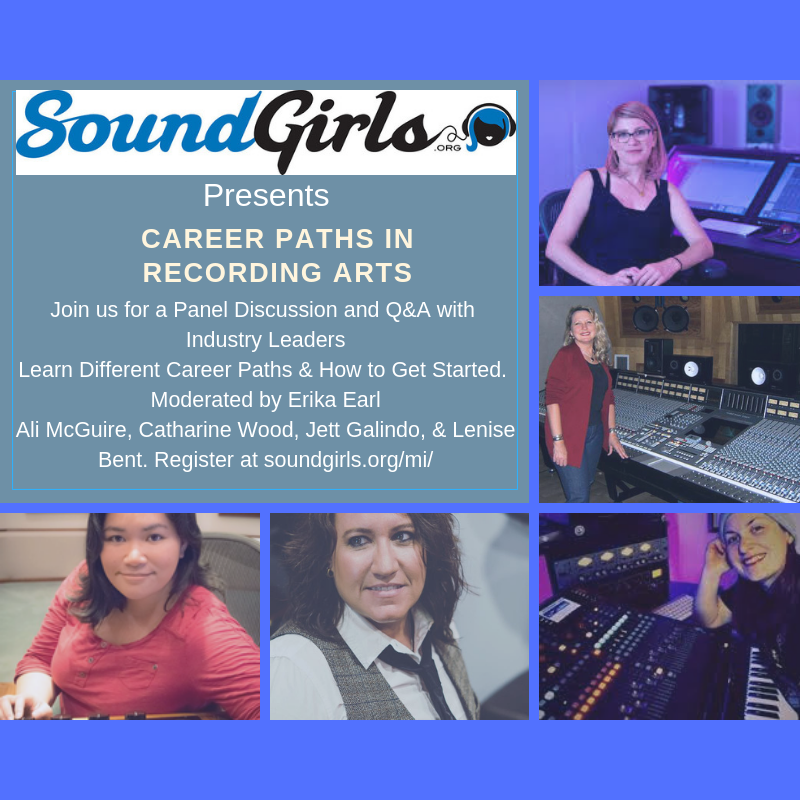 Register For Career Paths in Recording Arts
Register For Career Paths in Recording Arts
SoundGirls Opportunities
Shadowing/Mentoring/Internship Opportunities
SoundGirls Resources
https://soundgirls.org/about-us/soundgirls-chapters/
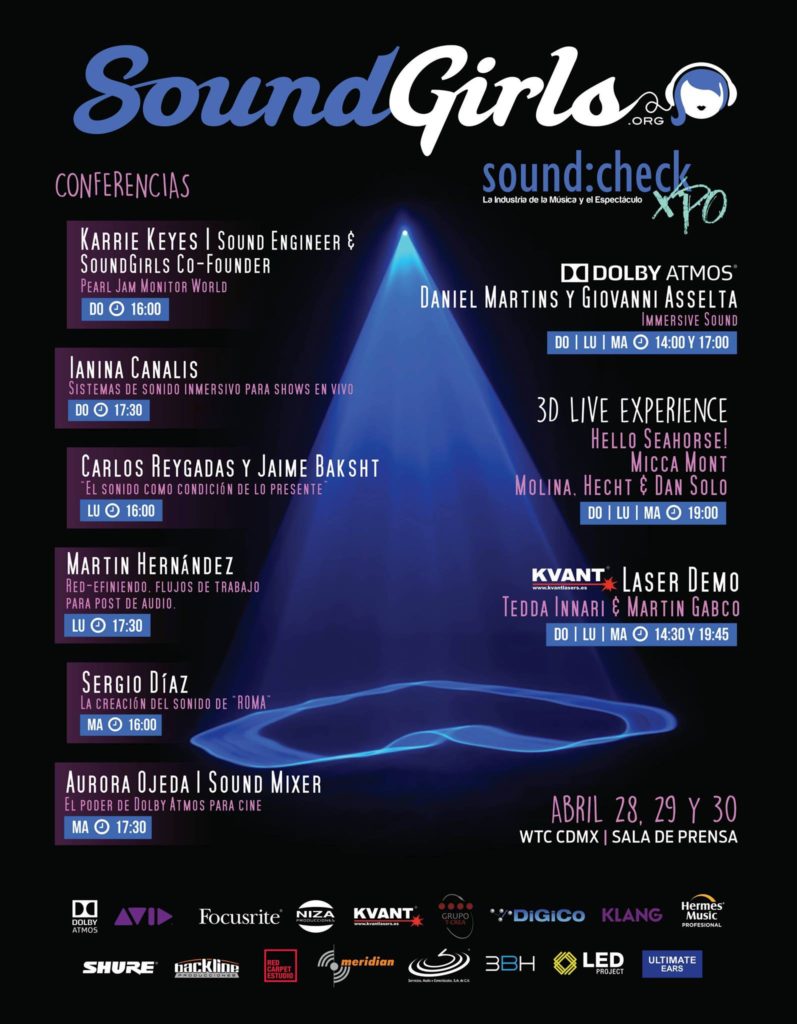
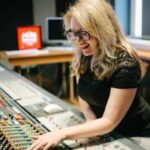
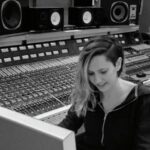


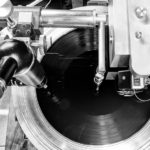 Mastering for Vinyl: Tips for Digital Mastering Engineers – Jett Galindo
Mastering for Vinyl: Tips for Digital Mastering Engineers – Jett Galindo
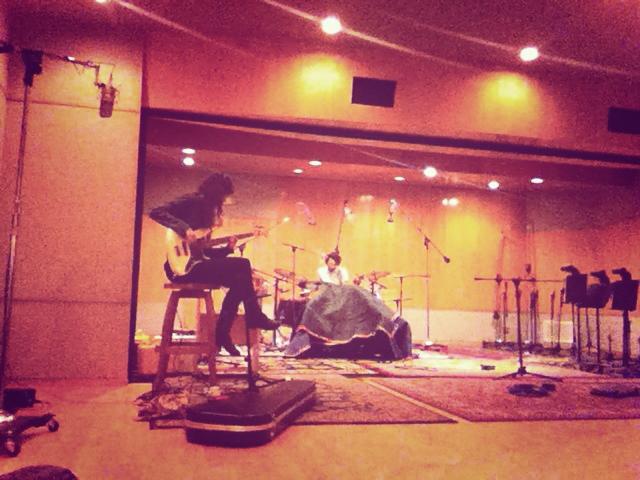
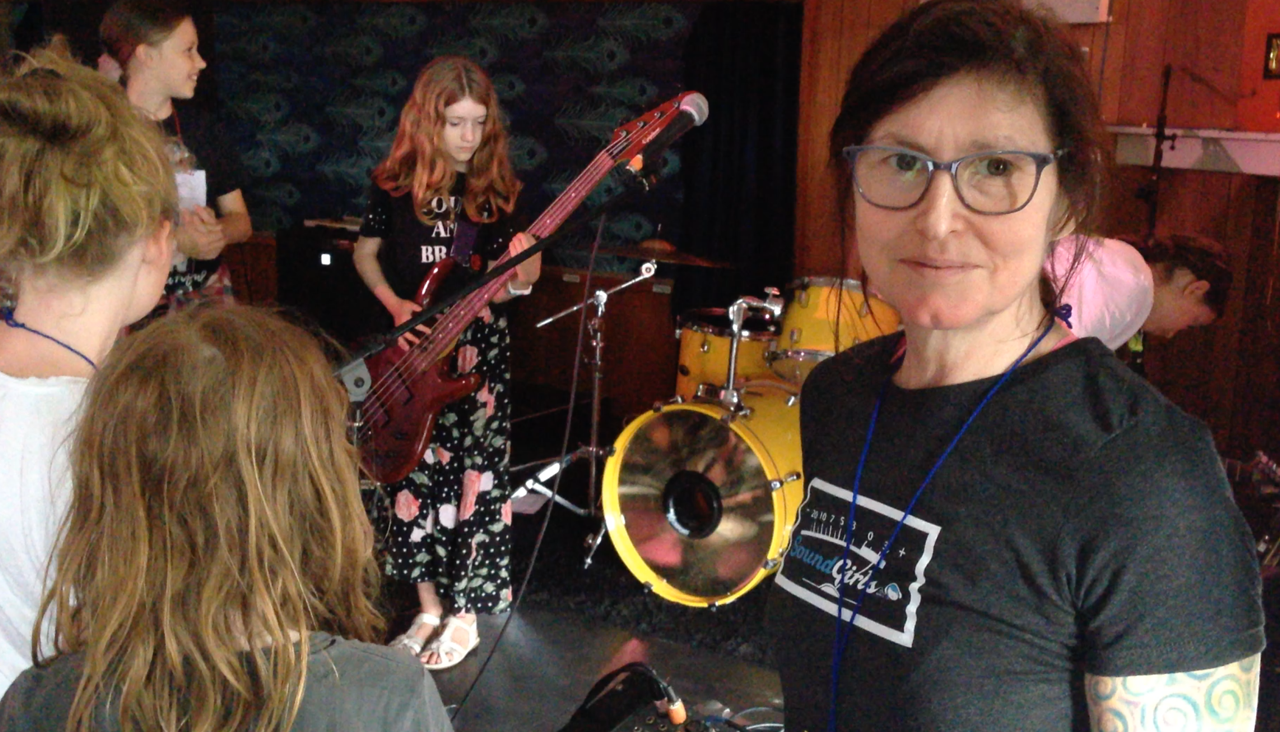
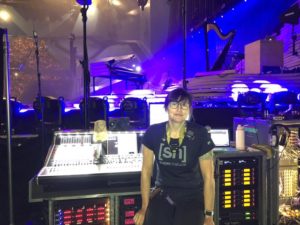
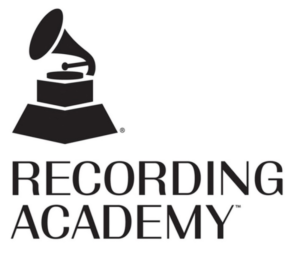 Women In The Recording Studio: Overdubbing History From Her Perspective
Women In The Recording Studio: Overdubbing History From Her Perspective
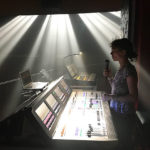 Bryony October in SOS
Bryony October in SOS